Sodium Sulfate (Na₂SO₄): A Multifaceted Chemical with Diverse Applications
Jun 24, 2025
Sodium sulfate, commonly known as anhydrous sodium sulfate or more familiarly as Glauber's salt in its hydrated form (Na₂SO₄·10H₂O), is a chemical compound that plays a crucial role in various industries. This white, odorless, and bitter - tasting crystalline powder has unique physical and chemical properties that make it highly versatile.
Industrial Applications
- Detergent Industry
Sodium sulfate is a key ingredient in the formulation of detergents and laundry powders. It serves as a filler or bulking agent, helping to adjust the density and consistency of the detergent product. Additionally, it can enhance the cleaning performance of detergents. In the washing process, sodium sulfate can help to reduce the surface tension of water, allowing the detergent molecules to better penetrate and remove dirt and stains from fabrics. It also has a role in preventing the caking of detergent powders, ensuring their free - flowing nature during storage and use.
- Glass Manufacturing
In the glass industry, sodium sulfate is used as a flux. When added to the glass - making batch, which typically consists of silica sand, soda ash, and limestone, sodium sulfate helps to lower the melting point of the mixture. This not only reduces the energy required for melting but also improves the fluidity of the molten glass, making it easier to shape into various glass products such as bottles, windows, and glassware. Moreover, it can also contribute to the clarity and quality of the glass by reducing the presence of bubbles and impurities in the final product.
- Textile Industry
In textile manufacturing, sodium sulfate has several applications. In the dyeing process, it is used as a leveling agent. When dyeing natural fibers like cotton or synthetic fibers such as polyester, sodium sulfate can help to ensure an even distribution of the dye on the fabric. It does this by competing with the dye molecules for the available sites on the fiber surface, thus slowing down the rate of dye uptake and resulting in a more uniform coloration. In the production of viscose rayon, sodium sulfate is used in the spinning bath. The viscose solution is extruded through spinnerets into a bath containing sodium sulfate, which helps to coagulate the viscose and form the solid fibers.
- Paper Industry
For the paper industry, sodium sulfate is used in the Kraft pulping process. In this process, wood chips are cooked in a solution containing sodium hydroxide and sodium sulfide (the white liquor). Sodium sulfate is added to replenish the sulfur lost during the pulping process. It is reduced to sodium sulfide in the recovery furnace of the pulp mill, which is then reused in the white liquor preparation. This recycling process helps to make the Kraft pulping process more sustainable and cost - effective.
Agricultural Applications
- Soil Amendment
Sodium sulfate can be used as a soil amendment, especially in soils that are deficient in sulfur. Sulfur is an essential nutrient for plants, playing a crucial role in the synthesis of proteins, vitamins, and enzymes. By adding sodium sulfate to the soil, the sulfur content can be increased, promoting better plant growth and development. In some alkaline soils, sodium sulfate can also help to lower the soil pH slightly, making the soil environment more favorable for the growth of certain acid - loving plants.
- Animal Feed Additive
In the livestock industry, sodium sulfate is sometimes added to animal feed. It can act as a source of sulfur for ruminant animals such as cows and sheep. Sulfur is important for the growth and maintenance of healthy hooves, hair, and feathers in animals. Additionally, it can also contribute to the proper functioning of the rumen micro - organisms in ruminants, which are essential for the digestion of fibrous feeds.
Pharmaceutical and Medical Applications
- Laxative
In its hydrated form as Glauber's salt, sodium sulfate has been used as a mild laxative. When ingested, it draws water into the intestines through osmosis, softening the feces and stimulating bowel movements. This property makes it useful in treating constipation. However, its use as a laxative has become less common in modern medicine with the development of more targeted and less harsh laxative alternatives.
- Medical Imaging
Sodium sulfate can be used in the preparation of contrast agents for certain medical imaging techniques. For example, in some types of X - ray imaging of the digestive tract, a suspension containing sodium sulfate may be used to enhance the visibility of the internal structures. The high atomic number of sulfur in sodium sulfate helps to absorb X - rays, creating a contrast between the tissues of interest and the surrounding areas.
Other Applications
- Inorganic Chemical Synthesis
Sodium sulfate is a starting material for the synthesis of other important inorganic chemicals. For example, it can be used to produce sodium sulfide, which is widely used in the manufacturing of dyes, leather tanning, and in the production of certain types of batteries. By reacting sodium sulfate with carbon (such as coal or coke) at high temperatures, sodium sulfide can be obtained through a reduction process: Na₂SO₄ + 4C → Na₂S + 4CO.
- Laboratory Reagent
In laboratory settings, anhydrous sodium sulfate is a commonly used drying agent. Its strong hygroscopic property allows it to absorb water from organic solvents. For example, when extracting an organic compound from an aqueous solution using an organic solvent, the organic layer often contains some residual water. Adding anhydrous sodium sulfate to the organic layer and allowing it to stand for a while will cause the water to be absorbed by the sodium sulfate. Afterward, the dried organic solvent can be separated from the solid sodium sulfate by filtration, providing a water - free organic phase for further chemical reactions or analysis.
In conclusion, sodium sulfate is an extremely versatile chemical compound. Its wide range of applications in industries, agriculture, and medicine, along with its importance in laboratory work, highlights its significance in our modern - day life. As industries continue to evolve and new applications are discovered, the role of sodium sulfate is likely to remain crucial in various sectors of the global economy.
Recommended Products
Hot News
-
VCI: Chemical production and sales in Germany will decrease in 2024.
2024-01-06
-
Magnesium is an indispensable component in modern industrial society and nature. Understanding and mastering the food chain of soil, plants, animals, and humans is very important.
2024-01-04
-
Phosphorus in sewage water supply management has brought a lot of pressure, and more efficient phosphorus removal is urgent.
2024-01-04
-
Sodium metabisulfite is a widely used food additive, which not only has a bleaching effect, but also has the following effects:
2024-01-04

 EN
EN
 AR
AR
 NL
NL
 HI
HI
 JA
JA
 KO
KO
 RU
RU
 TL
TL
 IW
IW
 ID
ID
 LV
LV
 LT
LT
 VI
VI
 TH
TH
 TR
TR
 AF
AF
 MS
MS
 BN
BN
 EO
EO
 LA
LA
 MN
MN
 SO
SO


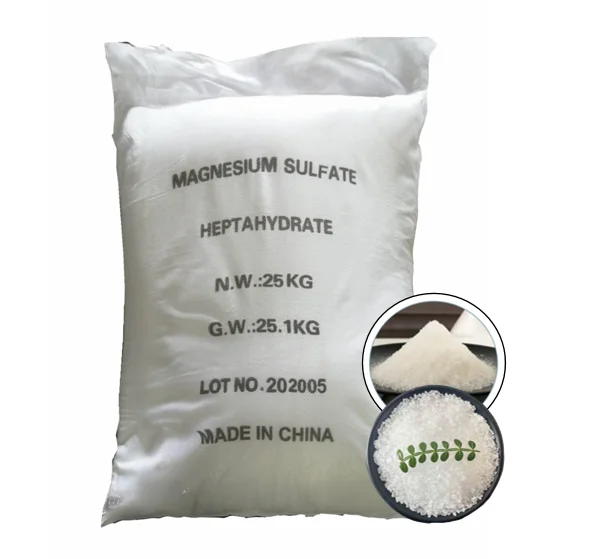
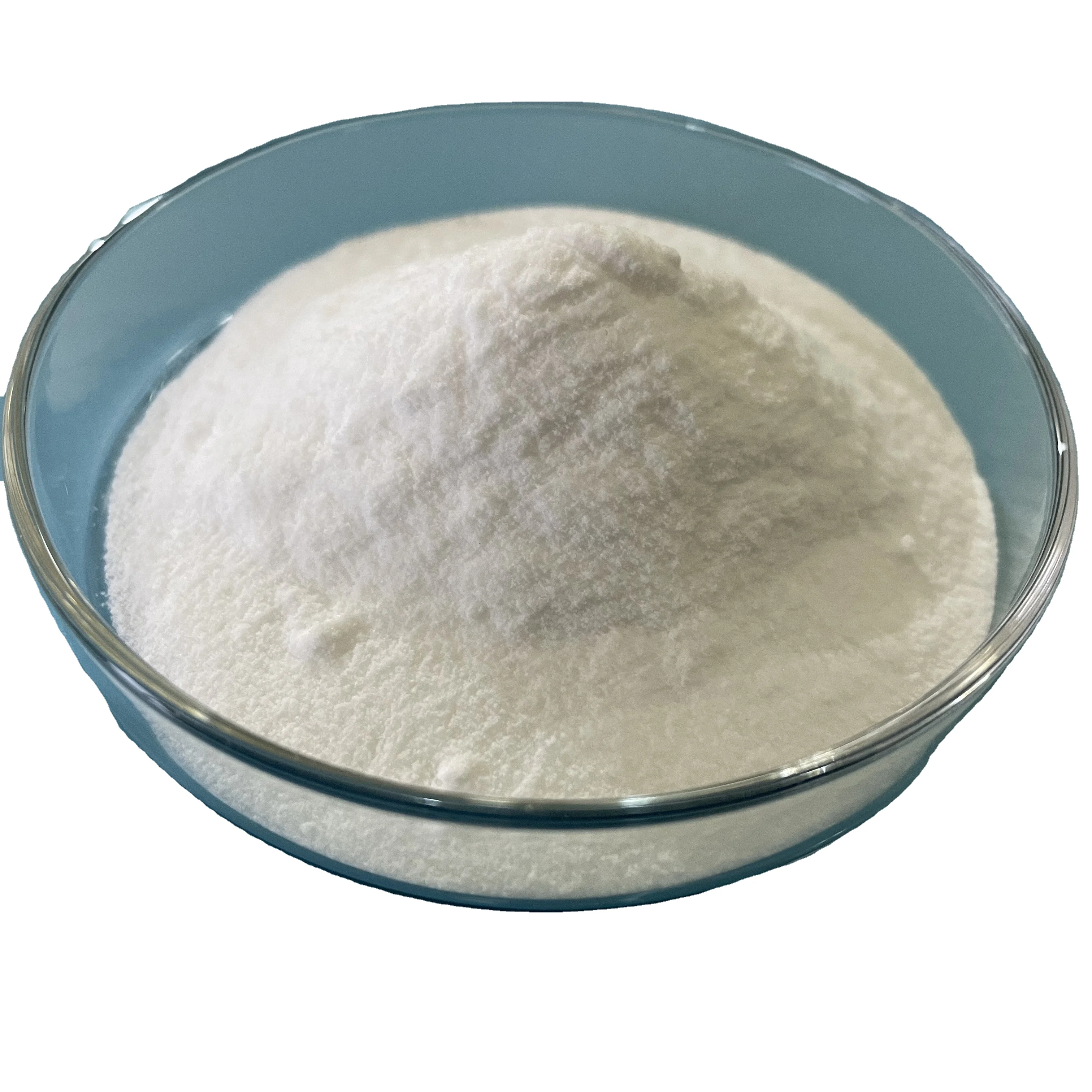
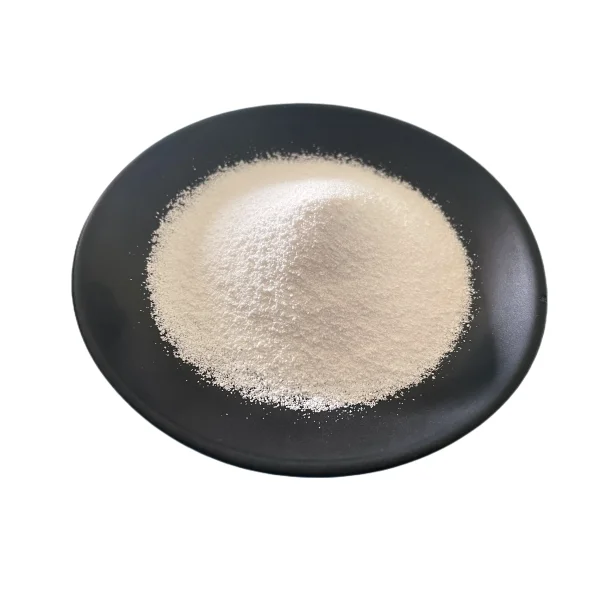
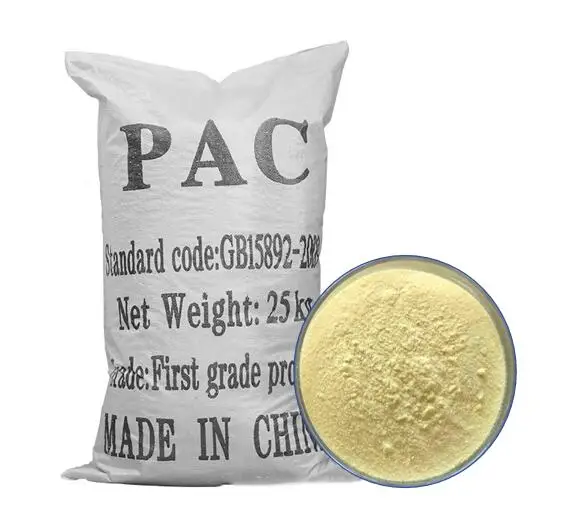
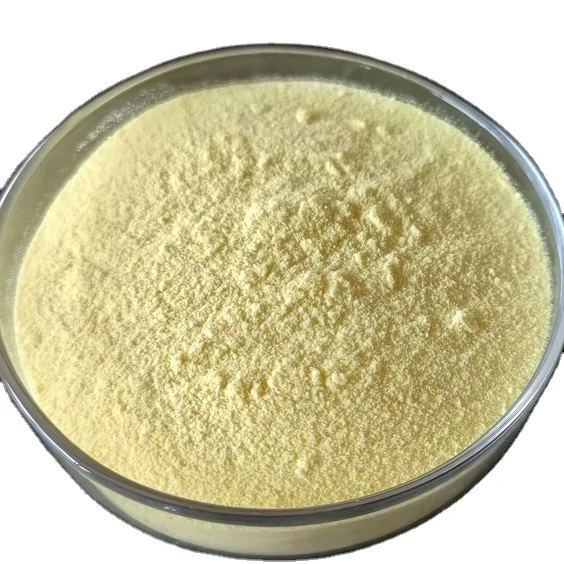
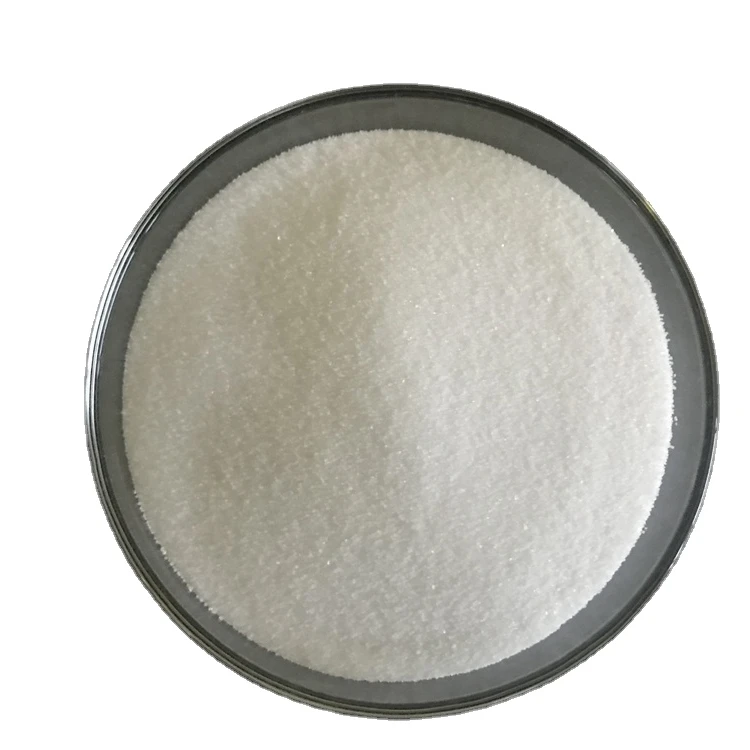
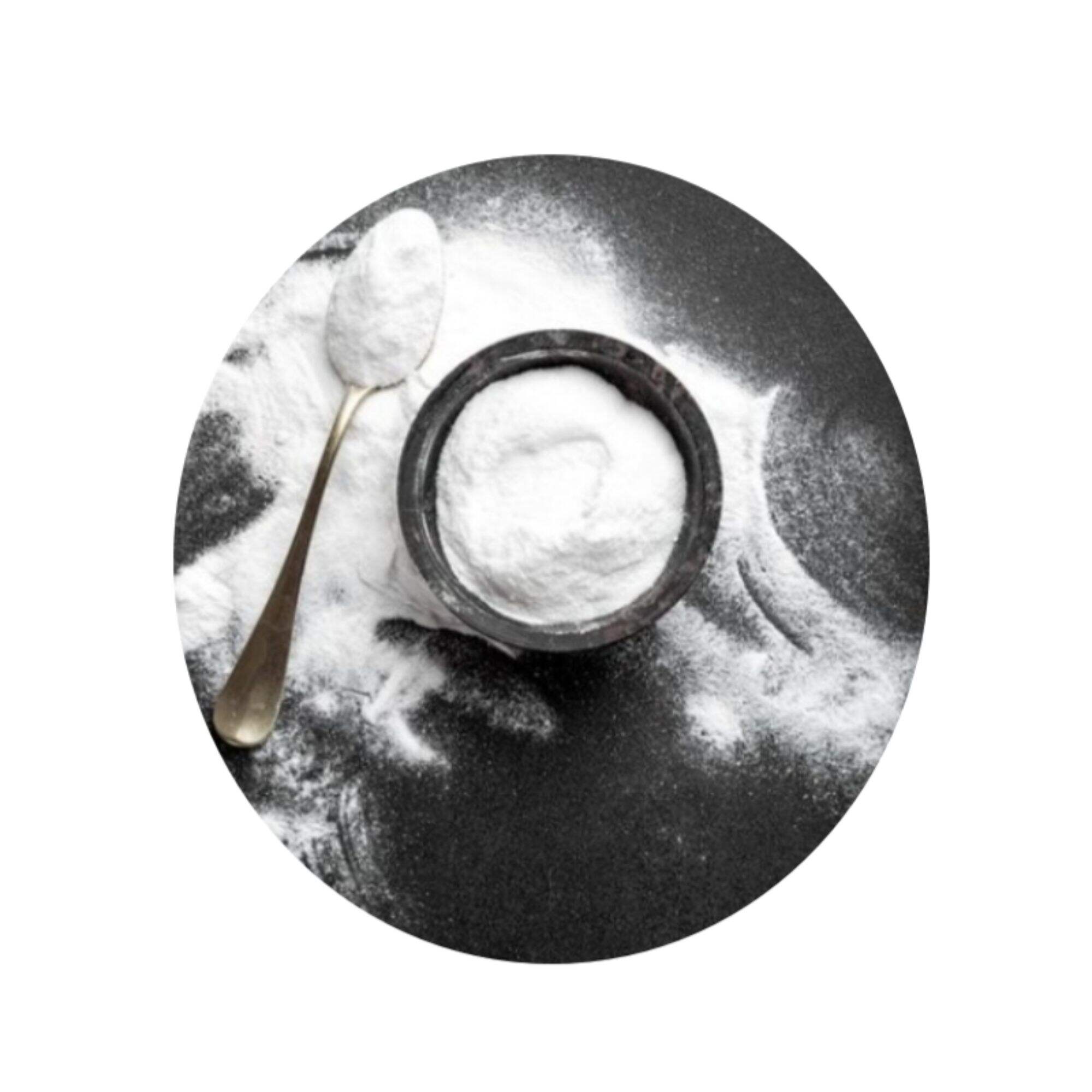

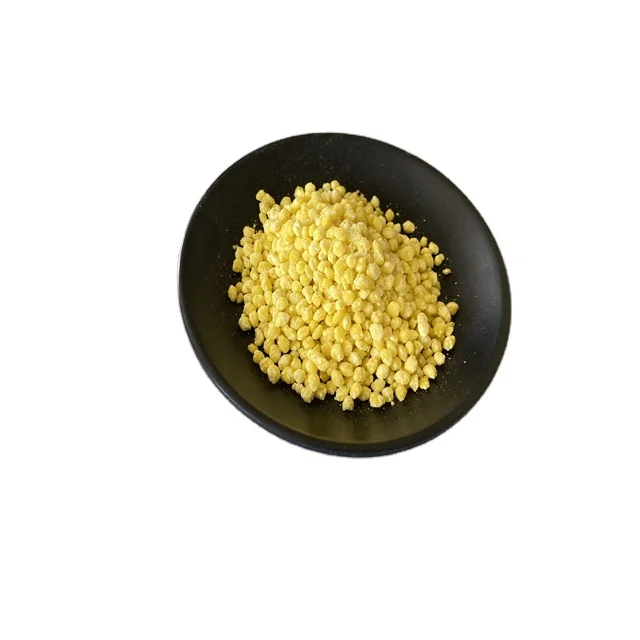
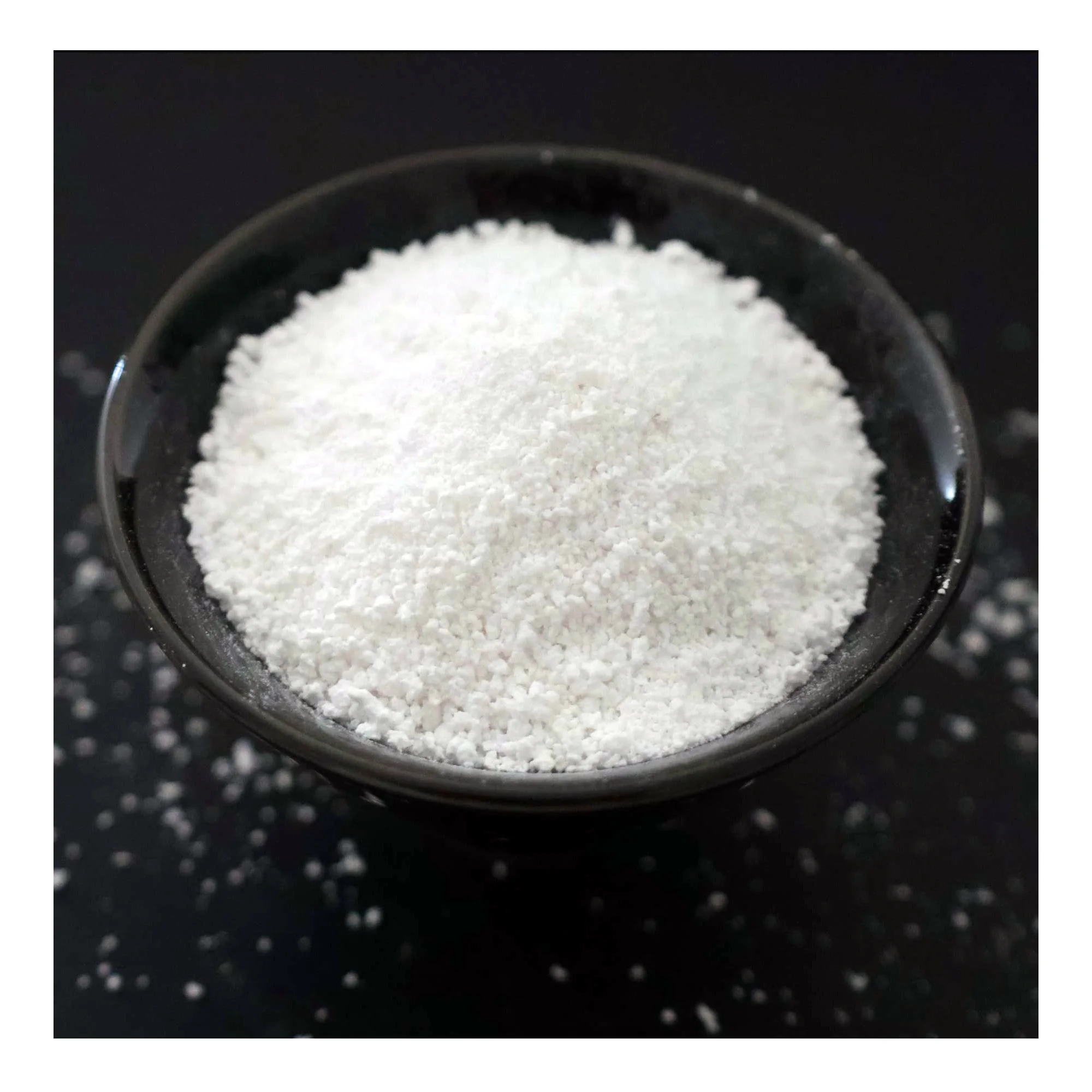
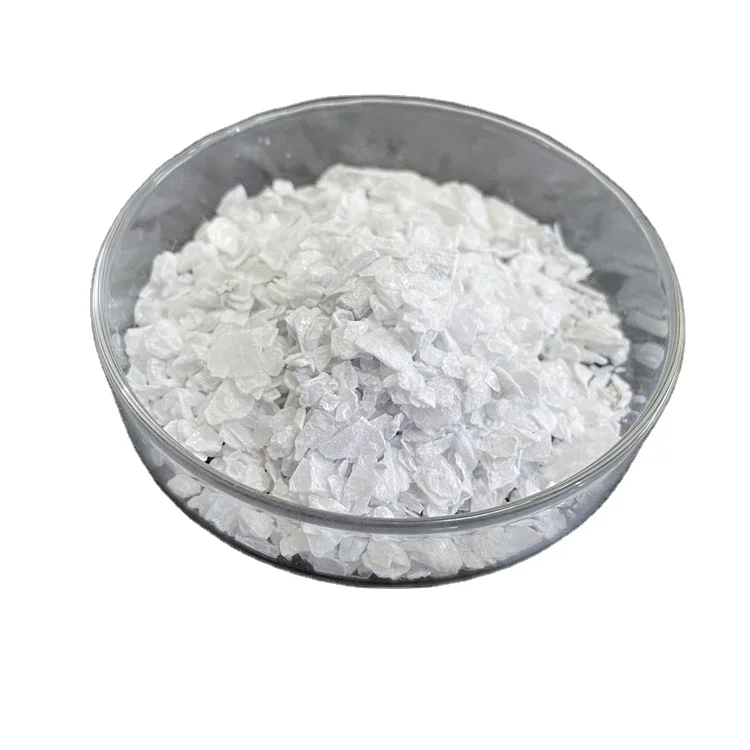
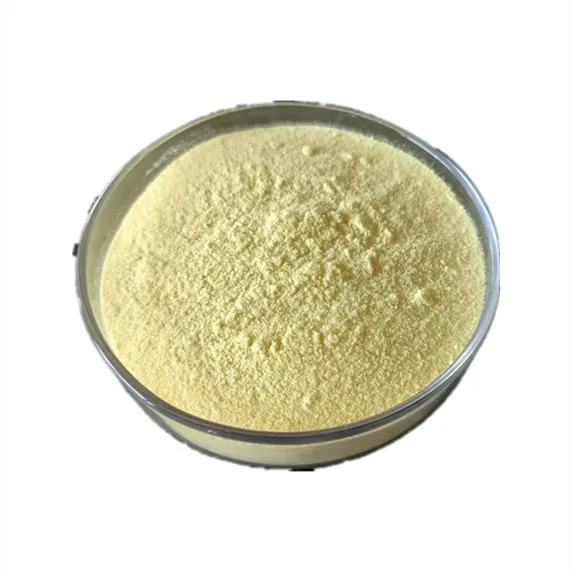
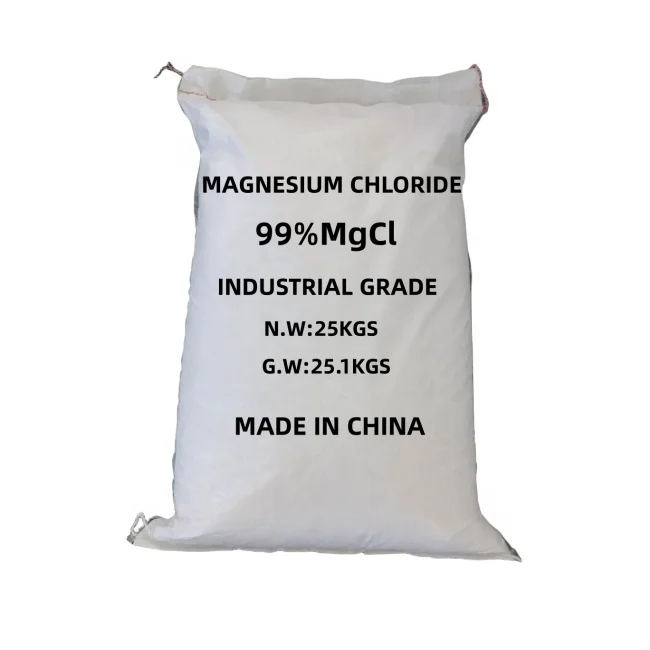
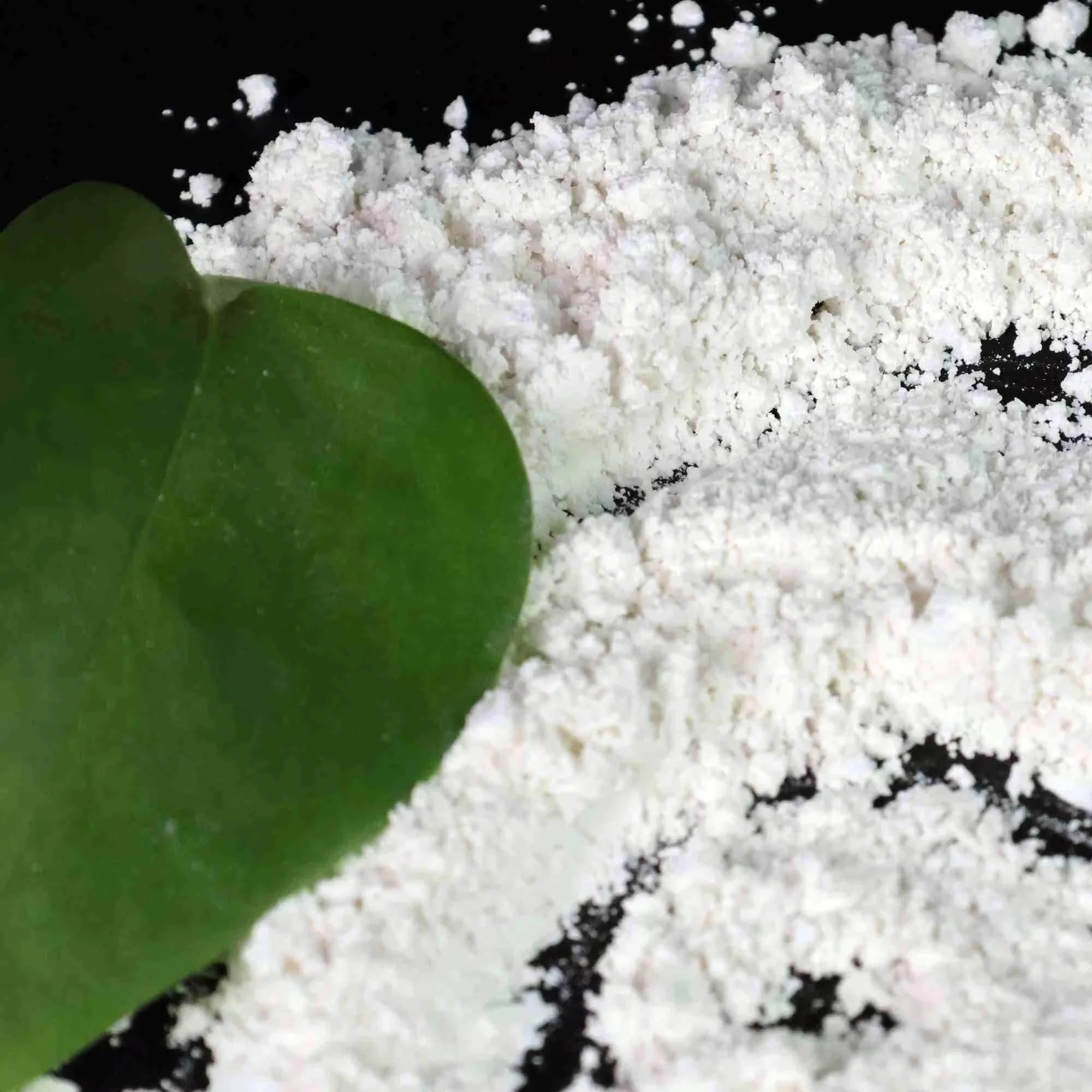
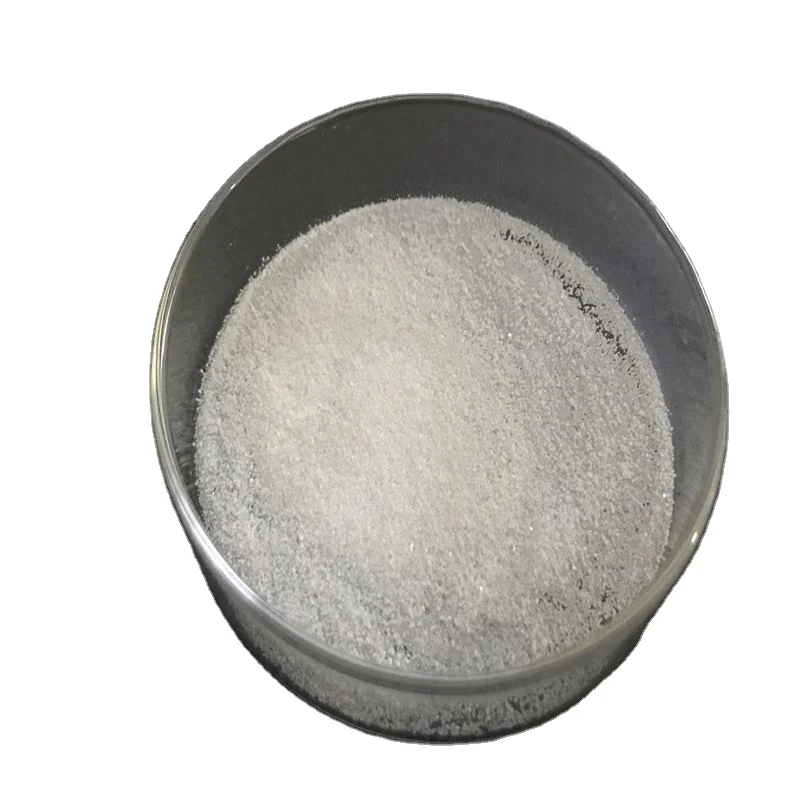
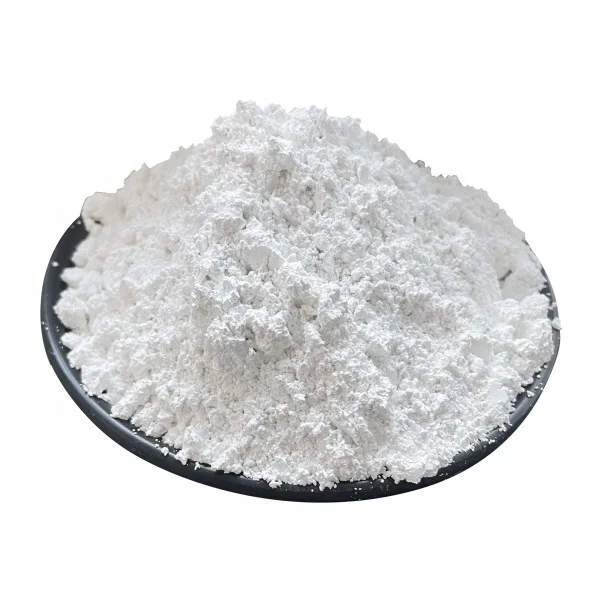
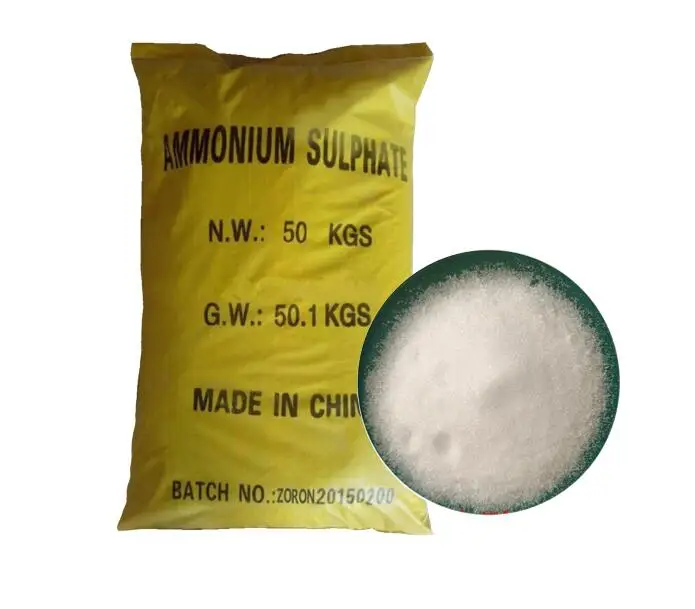


 ONLINE
ONLINE